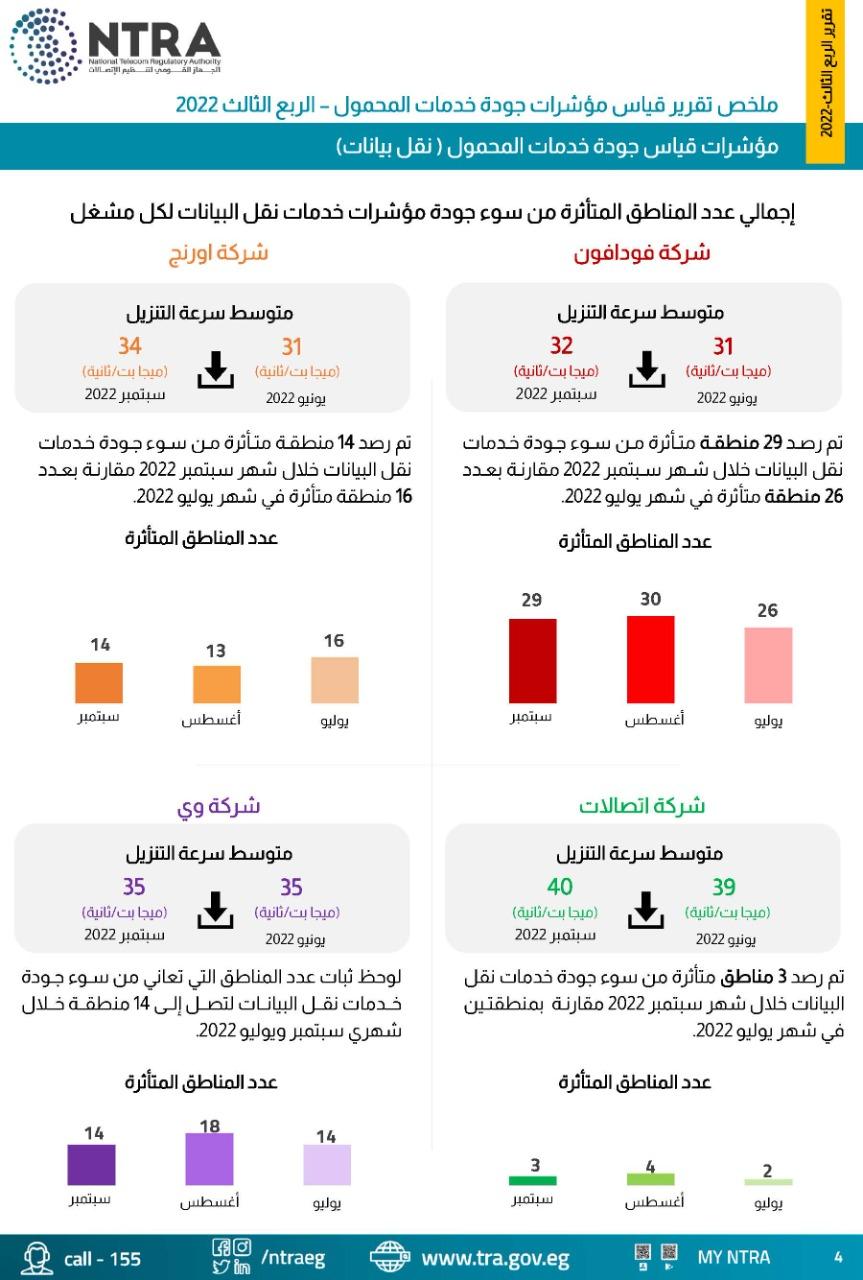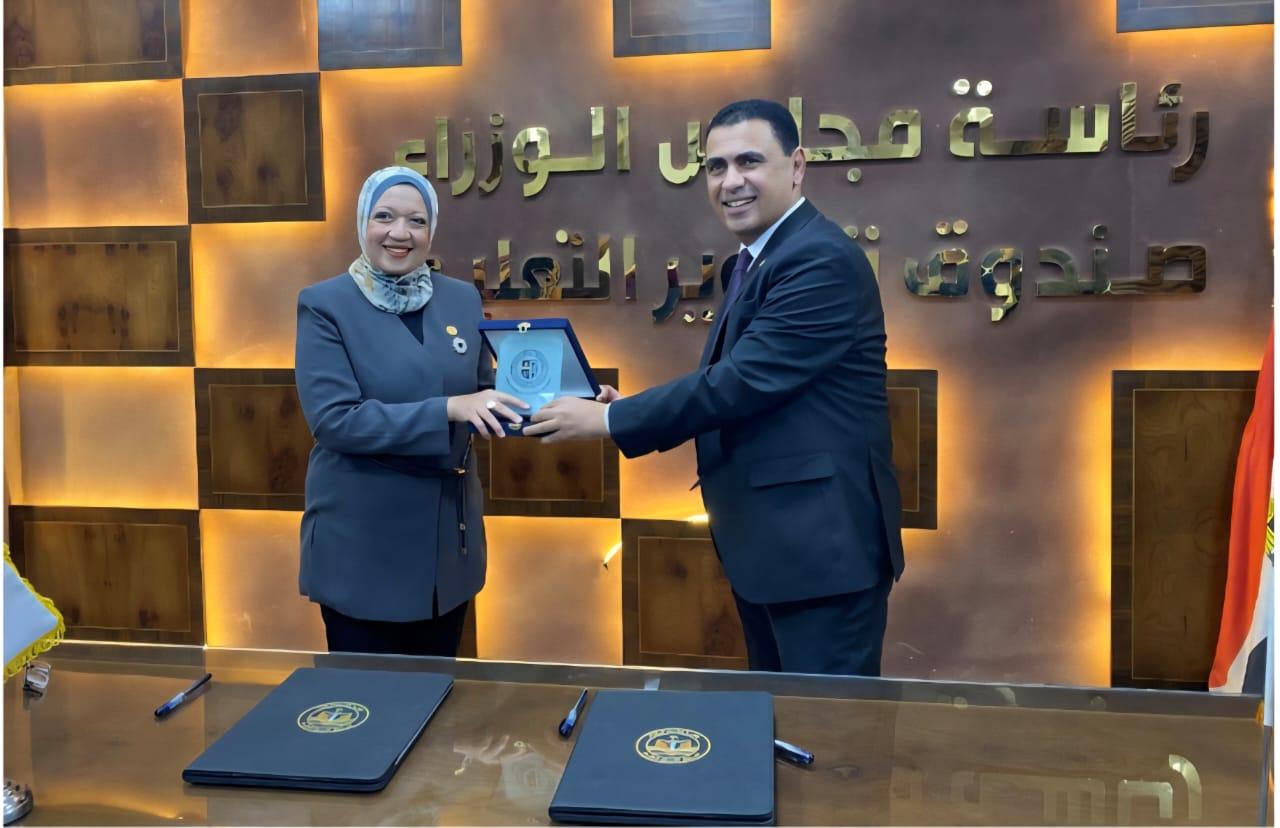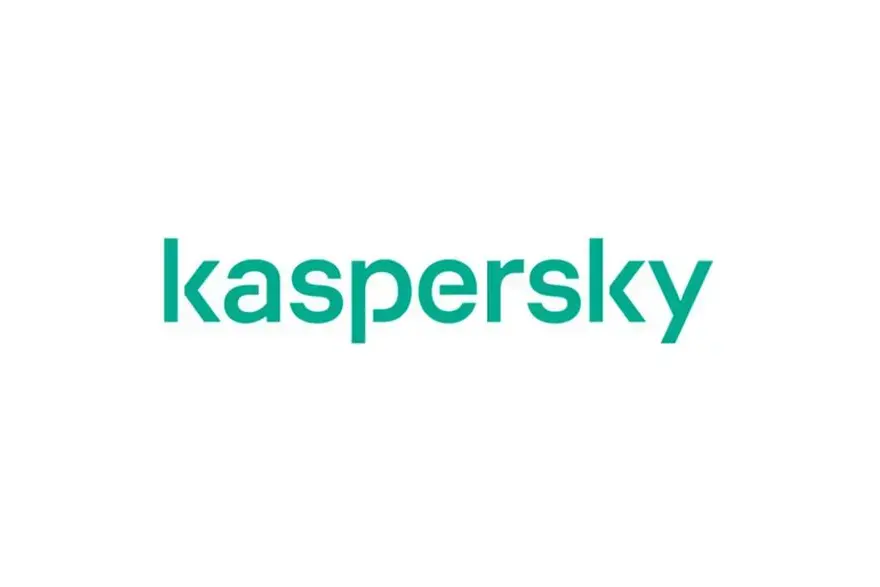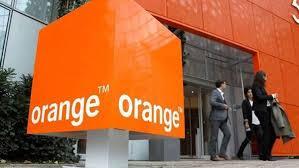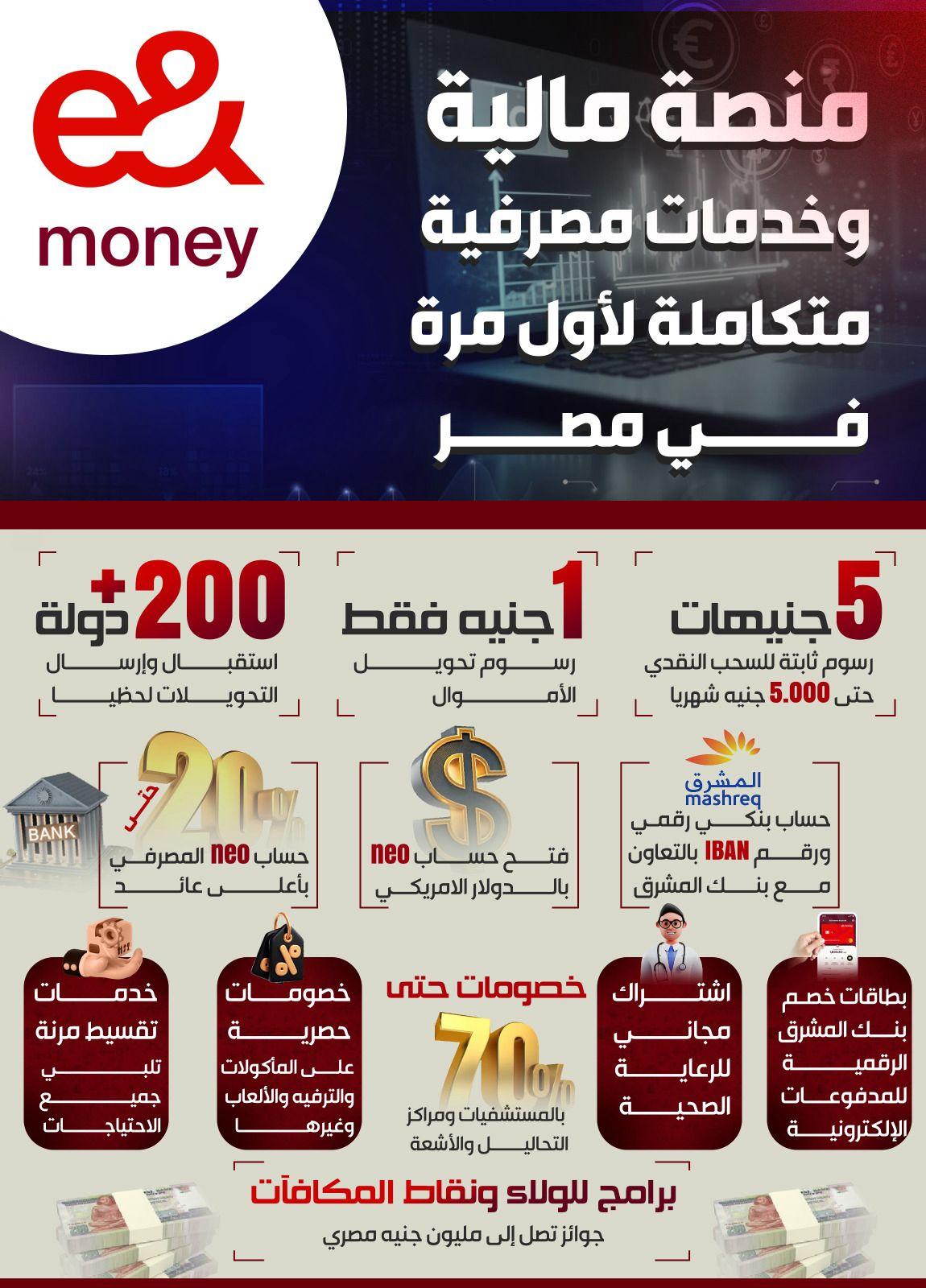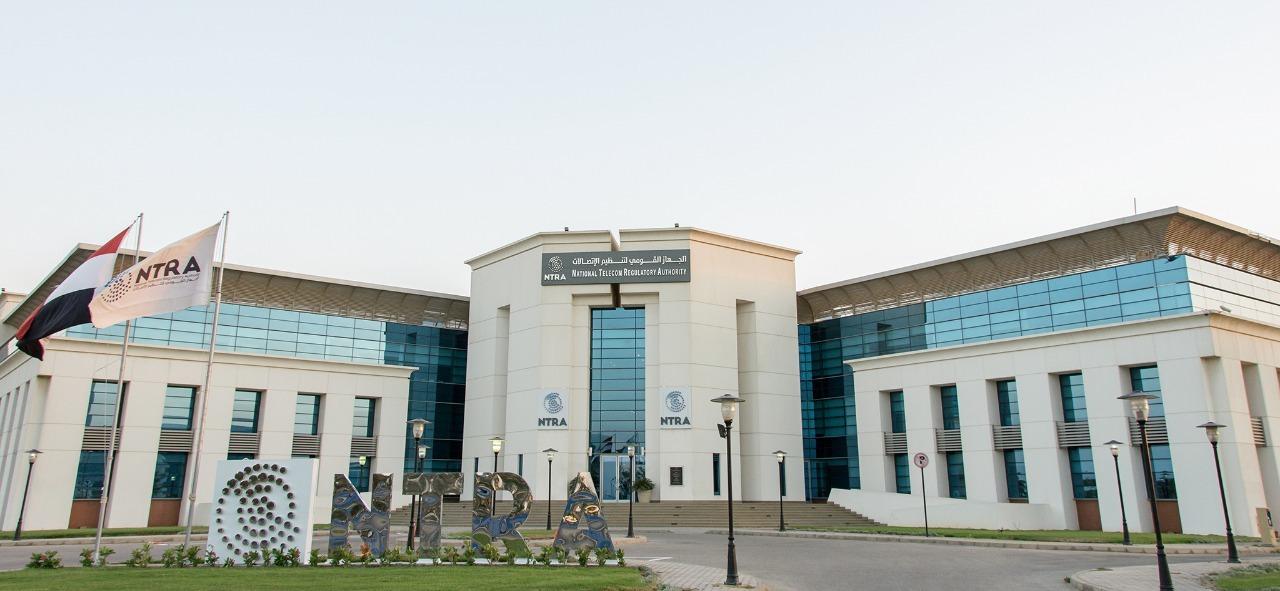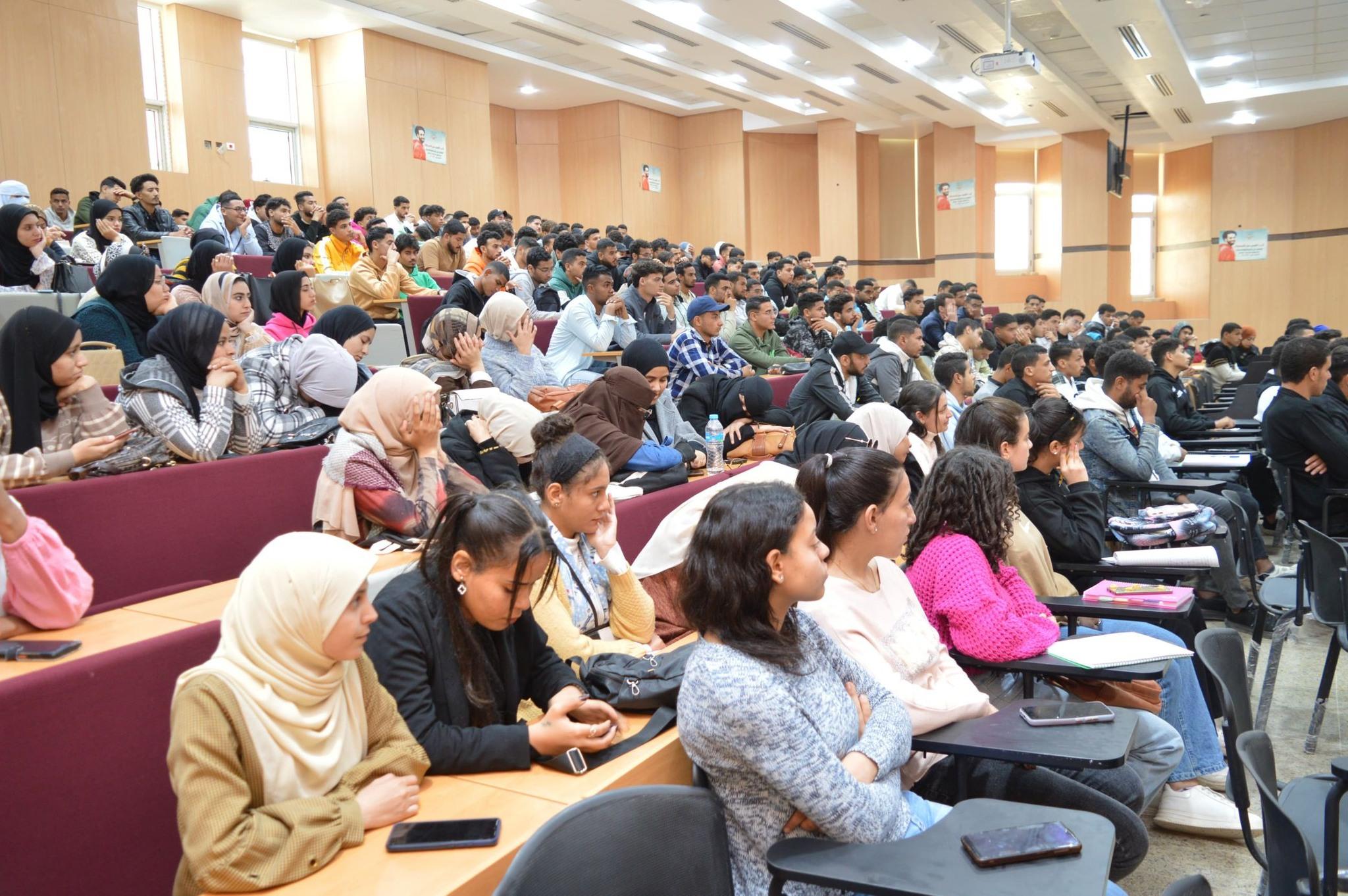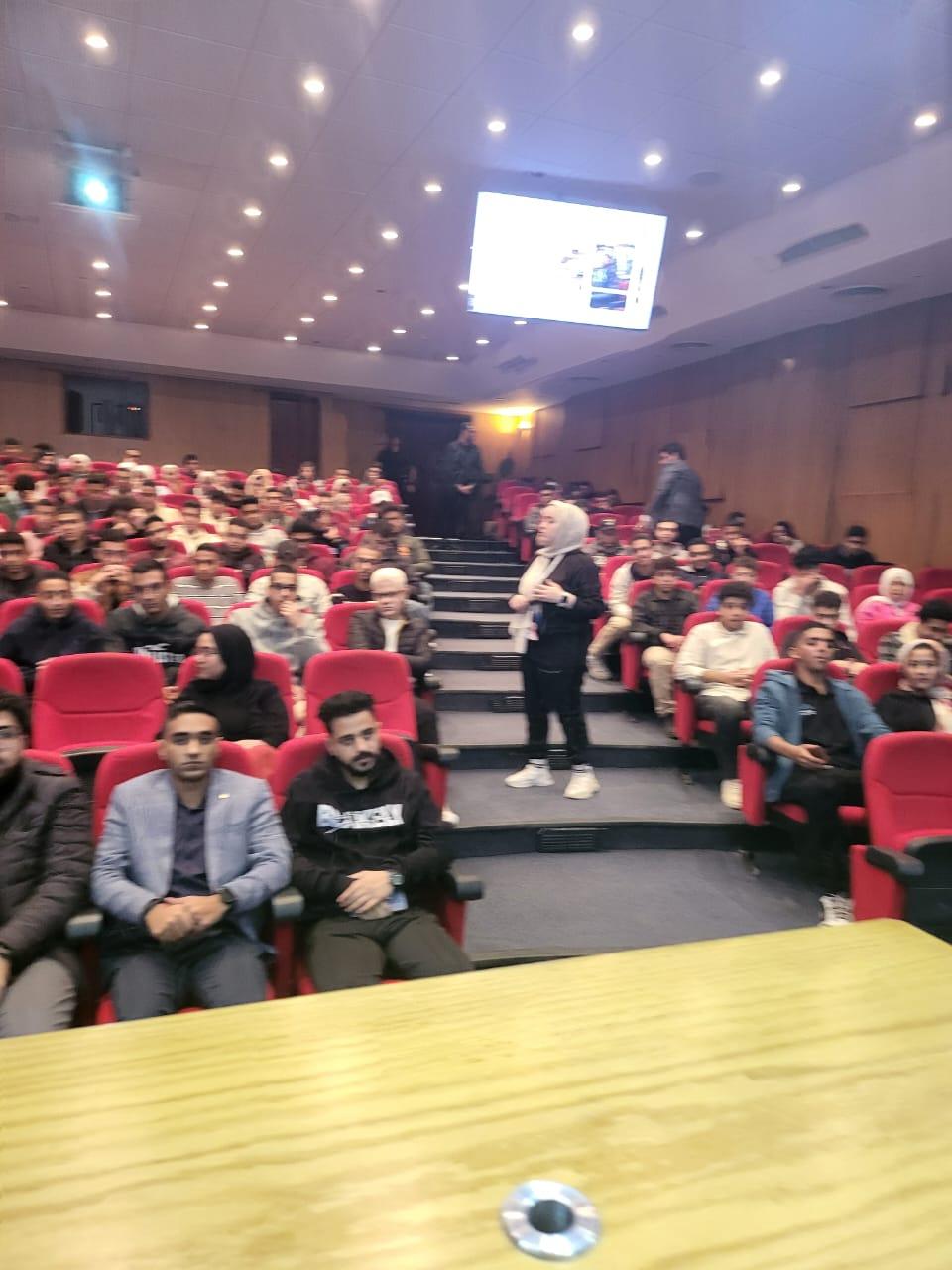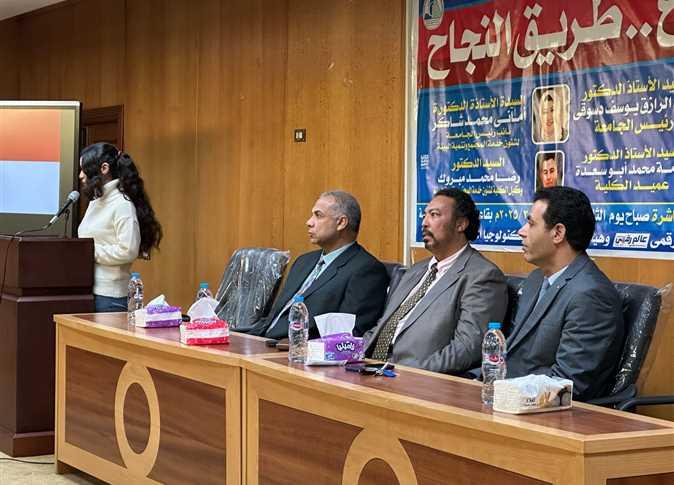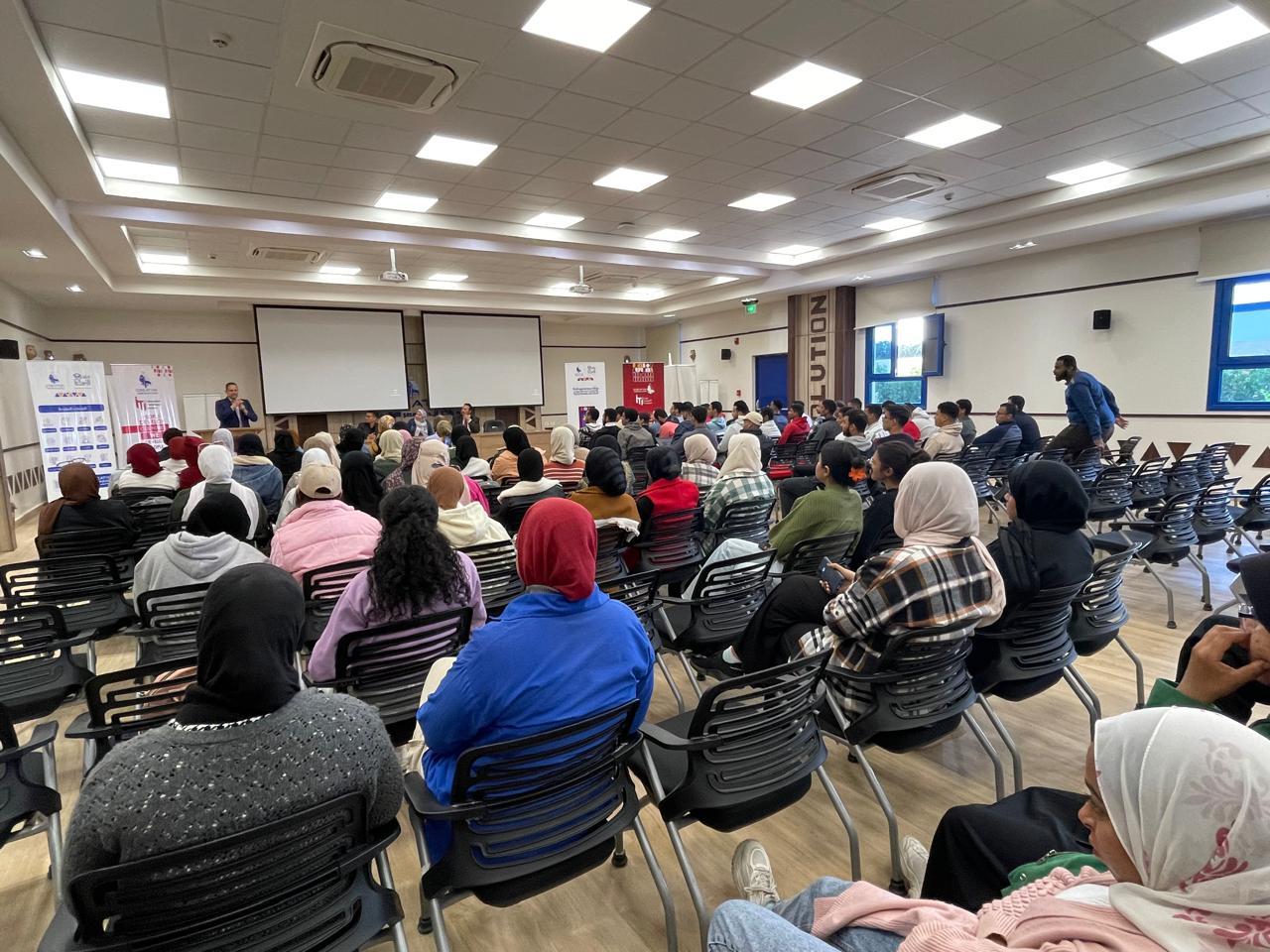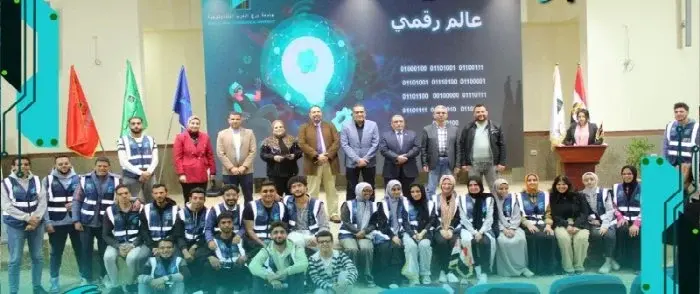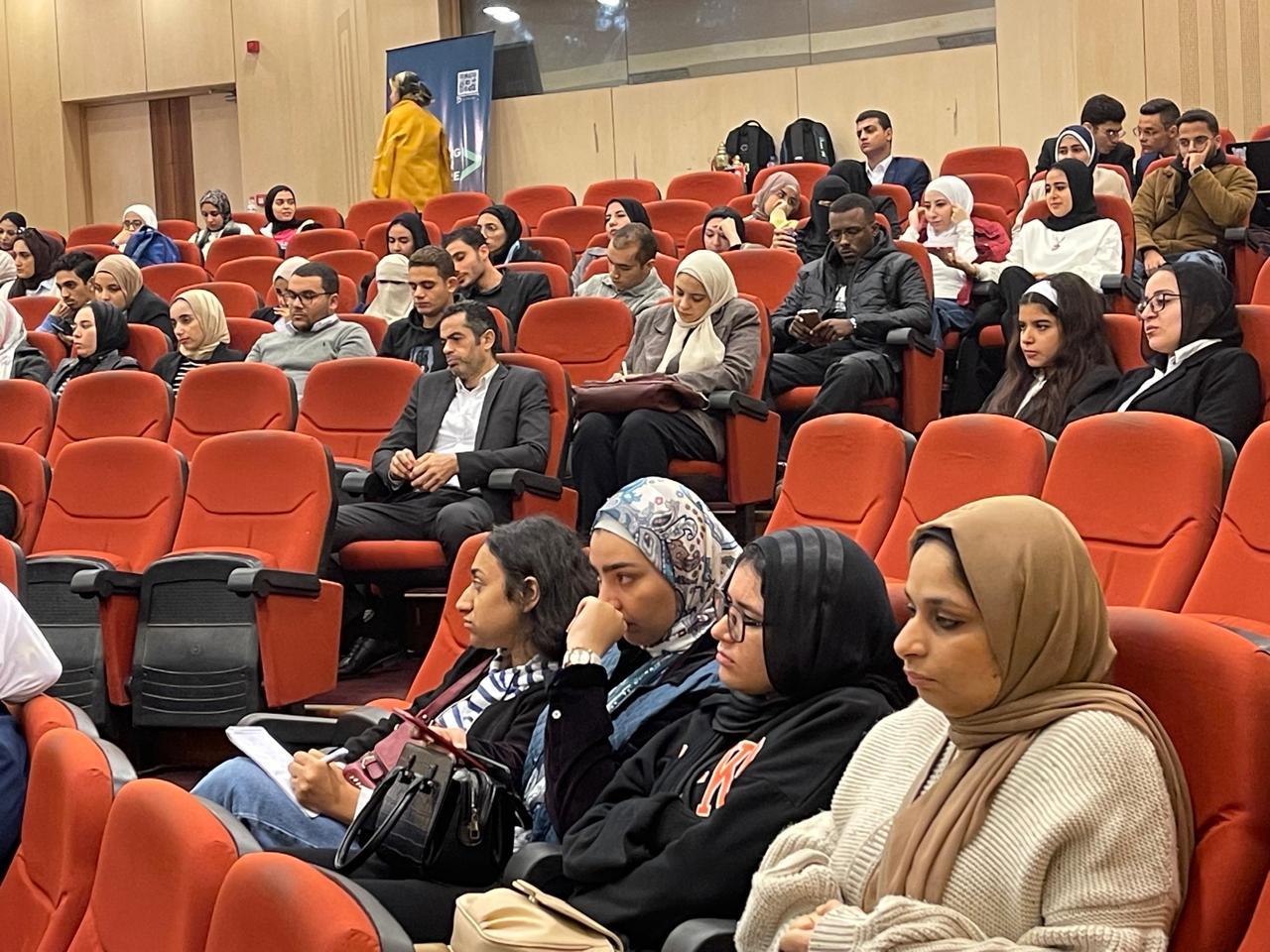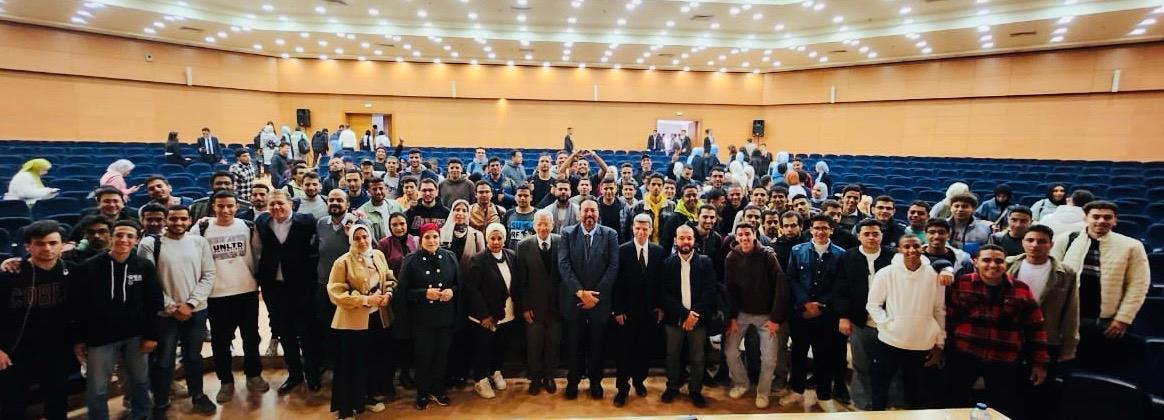By : Rasha Hussein
In light of the National Telecommunications Regulatory Authority’s “NTRA” efforts to enhance the quality of telecom services provided for users, the National Telecom Center for Monitoring Service Quality, subordinate to NTRA, produced its quality measurement report for the third quarter (Q3) of 2022 (from July to September 2022).
Measurement methodology entailed conducting quality-measuring tests on samples of voice calls and data services to determine the quality of telecom services provided for users within Egypt’s market. To this end, measuring equipment and vehicles were used for distances of 123 thousand kilometers, across major and sub roads of urban and rural areas, during the third quarter of 2022.
Report findings were based on measuring the Key Performance Indicators of voice and data services as follow:
Key Performance Indicators (KPIs) of voice service:
• Call-Blocked Rate: Rate of unsuccessful attempts to start a phone call, out of the overall sample during a specific period of time.
• Call-Dropped Rate: Rate of disconnected phone calls for technical issues before being ended by either side, out of the overall sample during a specific period of time.
• Call Access Time: Rate of calls requiring a long time or taking long seconds, from the time the dial button is pressed until a ring is heard by the other side, out of the overall sample during a specific period of time.
• Voice Quality Rate: Level of voice purity during phone calls for measurement samples within a specific period of time.
Data service KPIs:
• Average http Download Throughput: Minimum download speed is monitored for the lowest 10% of sample.
• Average http Upload Throughput: Minimum upload speed is monitored for the lowest 10% of sample.
Below is the total number of cities and districts where voice and data quality issues were monitored in 2022-Q3:
• Vodafone: Out of 81, the total number of areas having poor quality indicators with respect to voice service reached 11 areas during 2022-Q3 with Upper Egypt on top, followed by Delta and the Suez Canal. In fact, an improvement was monitored regarding the number of areas suffering from voice quality issues in September 2022 to reach 11, in comparison to 18 areas back in July.
• Orange: Out of 81, the total number of areas having poor quality indicators with respect to voice service reached 17 areas during 2022-Q3 with Upper Egypt on top, followed by Delta, the Suez Canal and Cairo. As monitored, the number of areas having poor quality indicators with respect to voice service increased to 17 during September 2022, in comparison to 16 areas back in July.
• Etisalat: Out of 81, the total number of areas having poor quality indicators with respect to voice service came up to 14 areas during 2022-Q3 with Alexandria on top, followed by Upper Egypt and the Suez Canal. As monitored, the number of areas having poor quality indicators with respect to voice service increased to 14 during September 2022, in comparison to 12 areas back in July.
• WE: Out of 81, the total number of areas having poor quality indicators with respect to voice service reached 20 areas during 2022-Q3 with Alexandria on top, followed by Upper Egypt, Delta and Cairo. As monitored, the number of areas having poor quality indicators with respect to voice service increased to 20 during September 2022, in comparison to 16 areas back in July.
Below is the total number of cities and districts where data quality issues were monitored in 2022-Q3:
• Vodafone: Out of 81, the total number of areas having poor indicators with respect to data service recorded 29 areas with Delta on top, followed by Cairo and Upper Egypt. As monitored, the number of areas showing poor quality of data service increased to 29 in September 2022 compared to 26 areas back in July. Average download speed also reached 32 Mbps/ second in September.
• Orange: Out of 81, the total number of areas having poor indicators with respect to data service recorded 14 areas with the Suez Canal on top, followed by Delta and Alexandria. As monitored, the number of areas showing poor quality of data service declined to 14 in September 2022 compared to 16 areas back in July. Average download speed also reached 34 Mbps/ second in September.
• Etisalat: Out of 81, the total number of areas having poor indicators with respect to data service recorded 3 areas with Delta on top followed by the Suez Canal. As monitored, the number of areas showing poor quality of data service increased to 3 in September 2022 compared to 2 areas back in July. Average download speed also reached 40 Mbps/ second in September.
• WE: Out of 81, the total number of areas having poor indicators with respect to data service recorded 14 areas with Giza on top, followed by Upper Egypt and Alexandria. In fact, the number of areas suffering from data quality issues in September 2022 remained stable at 14, when compared to July of the same year. Average download speed also reached 35 Mbps/ second in September.
Quality indicators of Value-Added Services (E-wallets provided by mobile operators):
• The total number of e-wallets came up to 21.6 million during 2022-Q3, witnessing a 4%-increase compared to Q2.
• Number of e-transactions carried out via wallets increased by 22% to reach 124.6 million during 2022-Q3, in comparison to Q2.
• E-transactions are classified by service, during 2022-Q3, as follow:
• Transfers from one wallet to another formed 51% of the total e-transactions.
• 19% of e-transactions was carried out for credit re-charge (mobile/ internet).
• 18% of e-transactions was carried out for deposits.
• 8% of e-transactions was carried out for withdrawals.
• 4% of e-transactions were carried out for Other payments, including utilities, payrolls, incentives, alimonies, donations, e-shopping, savings and rural loans
Measures taken by NTRA to improve service quality for users:
1. Procedures to amend Telecommunication Law No.10 of 2003 have been under way to impose tough sanctions against using devices unauthorized by NTRA such as; illegal signal boosters that harm the quality of voice service at residential areas.
NTRA has started to take measures to amend Telecommunication Law No.10 of 2003, with the purpose to impose tough sanctions against using devices which are not authorized by NTRA. Value of fines is expected to reach EGP 5 million instead of EGP 50 thousand for using such devices, like illegal signal boosters which have a negative impact on voice service quality at residential areas within a circle-diameter ranging from 3-7 km. Such amendments were approved by the Senate to be presented to the Parliament.
2. New 749 cell sites were approved during 2022-Q3.
NTRA approved the deployment of new 749 cell sites during the third quarter of 2022, out of 2162 sites approved in total from the beginning of 2022. This would actually contribute to improving telecom service quality and expand the capacity of mobile infrastructure to take in the increasing traffic in Egypt’s market.
3. Several major roads in Upper Egypt were covered.
Procedures to provide mobile coverage for 5 new major roads in 5 governorates which are Luxor, Aswan, New Valley, Sohag and Red Sea, with total lengths of 493 km, were finalized by NTRA. Furthermore, coverage was also improved for 7 roads linking 16 governorates with other cities, with total lengths of 1812 km.
4. Fines of EGP 24 million were imposed on mobile operators for violating telecom quality standards.
NTRA imposed fines of about EGP 24 million on mobile operators for trespassing telecom quality parameters during 2022-Q3.
5. Supporting the usage of e-wallets widely to pay tuition fees.
NTRA gave instructions to mobile operators to provide benefits and gifts for users paying education fees via the e-wallets, run by the operators, through using USSD codes or smart apps. This step actually came in synchronization with the beginning of the new school year. Meanwhile, the value of such benefits and gifts ranges from EGP 100 to 500, in the form of money refunds (cashback) or vouchers, according to each operator’s policy.
